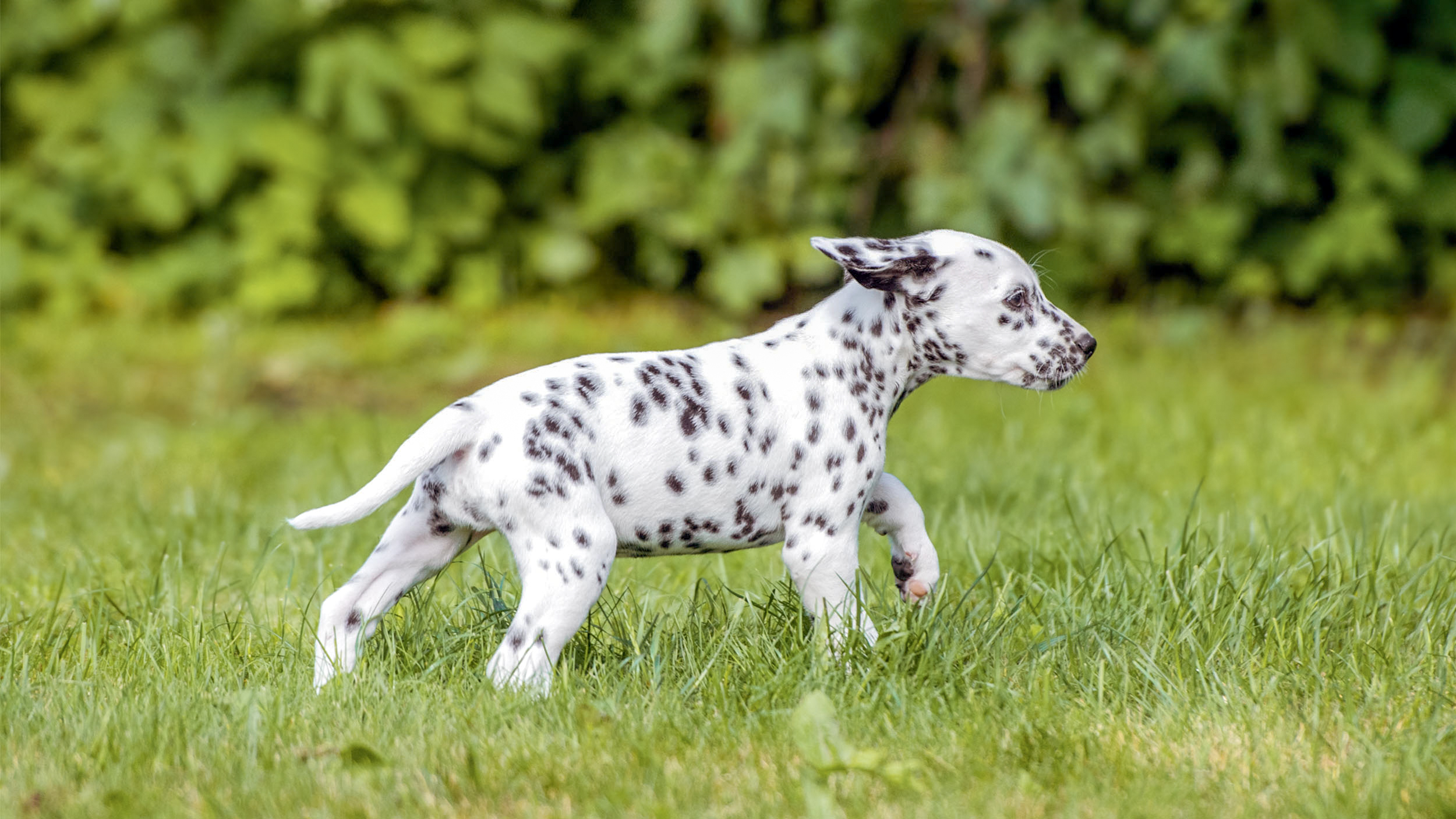Should I choose a pure breed or mixed breed dog?

Different pure breeds as well as mixed breed puppies have very different needs and temperaments as they transition to adulthood. Therefore, considering the options at the start will help to make sure you are able to care for your dog and ensure their health and wellbeing.
From predictability of size and energy levels, to the type of coat that they have and even their temperament, choosing a particular breed or a mixed breed puppy will have an impact on how you prepare for your new dog.
Choosing a pure breed puppy
Purchasing a breed dog means making sure that, once the puppy has become an adult, it will show the physical and behavioural features to be expected as a result of the selection conducted by his breeder as a breed professional.
For many amateurs, the physical appearance of a breed is often what makes them choose a particular breed. However, beyond the physical aspect, every breed has behavioural features which should be known before making your choice.
There are more than 300 recognised breeds to choose from, and the best way to gather information is to make enquiries with breed clubs and breeders.
Benefits of choosing a pedigree puppy
- Know what you're getting: Choosing a particular pedigree from a breeder will mean that you can better predict the size and appearance of your new pet.
- Be better informed about temperament: You may also be able to get an indication of the dog’s temperament depending on the breed and the nature of the parents. You can also ask what measures the breeder has taken to socialise the dog.

Things to consider when getting a pure breed puppy
- Congenital health issues: Remember, some breeds can be predisposed to particular health conditions.
- Your dog's job: Whether they are hunting dogs, guard dogs or companion dogs, pedigree dogs often have historical origins which play a role in their abilities and their dispositions. Most of these breeds are today able to live in the urban space, provided that provision is made for daily outings lasting a minimum of 30 minutes several times a day and that the attention given is not limited to preparing the dog’s daily food intake.
- Sensitivity to lifestyle and environment: Certain breeds are not suited to city life and run the risk of suffering more than others from a lack of physical exertion. Such is the case, for instance, with the Border Collie, born to drive herds, or the Siberian Husky, intended to live in a pack and draw carriages in cold climates.
Choosing a mixed breed puppy
Choosing a mixed breed dog can also have its benefits. Often a mixed breed dog will come from a rescue centre or an accidental litter, and they can be extremely rewarding and loving members of the family.
Things to consider when getting a mixed breed puppy
- Unpredictable size: It can be hard to predict the adult size of a mixed breed puppy.
- Unpredictable nature: It can be hard to predict the temperament of a mixed breed dog.
- Unknown medical history: Other characteristics that can be unpredictable when bringing home a mixed breed puppy include the medical history, particularly if there is little knowledge of the parents as may be the case with a rescue dog.
- Ask questions and take advice: If you go to a rescue centre, staff will know their dogs and puppies well and will be able to offer support and advice to find the right home for them and help you make your decision.
So often, the choice of which breed of dog to get is driven by aesthetics, but the breed you choose will have a big impact on their nature and the kind of lifestyle they will need.
To make sure you find the right match, take the time to think about the kind of life you will be able to offer your dog, and speak to breeders and shelter staff to get as much information as possible about the individual pet you are considering.

Like & share this page